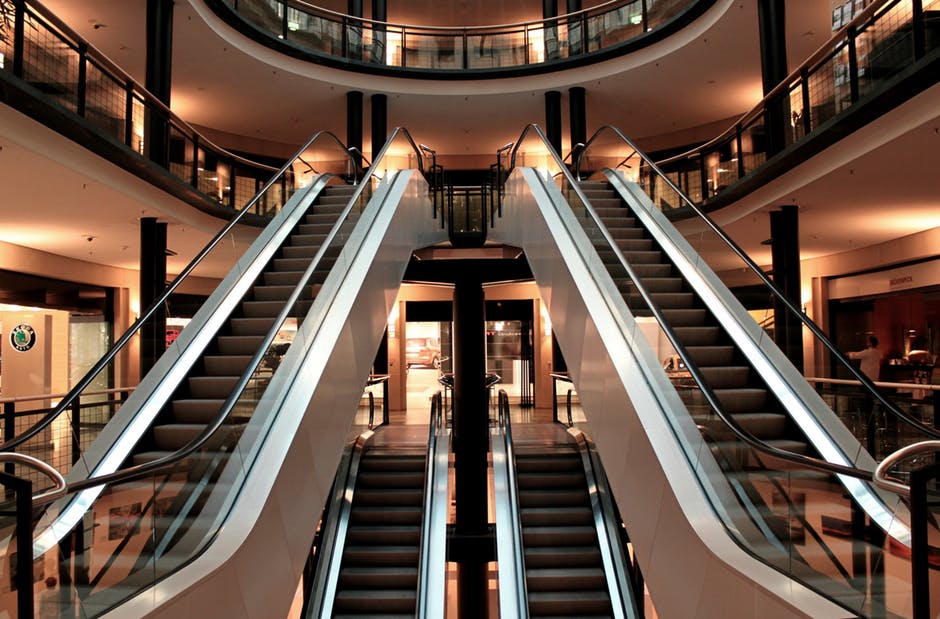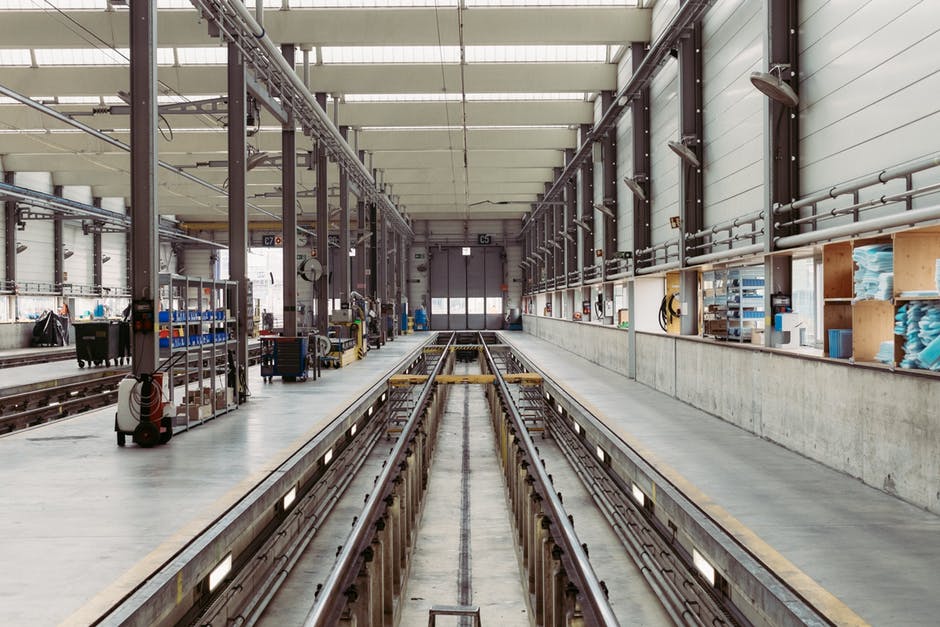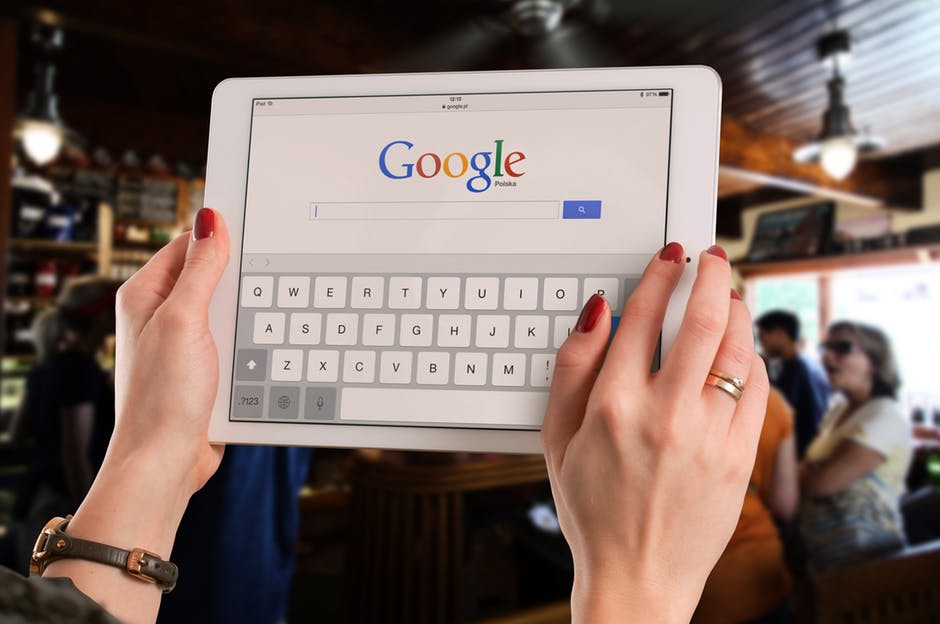

Bright things lie ahead for Jersey if local businesses decide to buck emerging health, travel and fintech trends, an award-winning ‘futurologist’ has said.
International markets should take note of the rise and rise of the ‘user pays’ and ‘gig economy’ and pour resources into wooing millennials – the most influential buying group of the future, trend-predicting expert Ray Hammond claimed at a BDO Greenlight event last week.
But before investing in new technologies and profit-boosting future infrastructure, the forecaster, who was awarded a UN Gold Medal for ‘services to futurology’ by Mikhail Gorbachev in 2010, said that business leaders would first have to accept a few home truths: climate change is a “very real” threat, populations will continue to soar, and the digital boom has only just begun.
Commenting on the rise of AI (artificial intelligence) – a long-debated friend or foe of global progress, owing to fears that quick-thinking software could replace human interactions and lead to mass unemployment – Mr Hammond said that robotics won’t replace humans, but merely displace them into potentially more interesting and rewarding roles.
Video: The forward-looking guru had a positive view of Jersey's prospects - "strong economic growth for at least 15 years."
With computers taking over mindless bureaucracy, he argued that people will have more time to “get creative” with their careers, stating that the shift had already begun.
“How many personal trainers were there 30 years ago? How many wedding managers were there? How many dog hairdressers were there? How many tattoo parlours were there? It seems from observation that as new technology displaces people, most people find themselves new things to do. And the gig economy, such as Uber, has actually soaked up a lot of people who were displaced,” he said.
So in setting up these new businesses – and revamping existing ones – that we’ll apparently have more time for in future, what raft of 'in vogue' practices will form the backdrop?
"From the mid-90s onwards, travel began to be disrupted...I hosted a conference in London called 'Travel on the internet in 1995, that was the year before easy jet started. Inviting passengers to book on the internet, and do all of their own administration has completely halted the model of travel.

"In the last 20 years, the change has been profound - and it's not just travel, it's hospitality as a whole. I was talking to a marina group in Southampton a couple of weeks ago and they told me that about 500 boats in their marinas now being let as AirBnB residences and it is the new future for marinas. Now I wonder how many boats here in marinas are being offered on AirBnb. Certainly, it completed transformed hospitality. What it's doing really is holding down prices and increasing occupancy. More people are travelling and overall it's an extremely good thing."
"Amazon is the big disruptor, and has recently gone into retailing apparel - high fashion apparel. Nobody thought that fashion could be sold in such a way, but it is. The next sector that Amazon is disrupting in retail is pharmacies. I don't know their model for it yet... but they have decided and announced that pharmacies are their next big area.

"Of course, the effect on retailing - in the United States especially - is profound. You've read about the malls closing, you've read about the ghost malls in Texas. Sears is closing down, Macy's, it is just profound, the difference. Names that have resonated throughout my life are disappearing."
"Robots are one of the big elements of the next 15 years that are being profoundly underestimated. 'Baxter' is made in Boston, MA, and you and I could work beside Baxter without any fear of Baxter running out of control and bashing us. His motors are too soft, slow and gentle to hurt us if they did go wrong, and secondly, Baxter and all the other Baxters are programmed to be aware of other people around them. And they are reprogrammable.

"Up until now, industrial robots have operated in cages, and they have done simple tasks - they've also cost half a million pounds. Baxter costs $30,0000. Baxter can make units, Baxter can paint things, Baxter and his like are going to be everywhere."
"Is artificial intel going to replace back office workers? Are people in insurance companies going to be put out of work? Already a great deal of risk assessment work is automated. These algorithms when you apply online for insurance no human is assessing you. This is just the beginning of office automation.

"Within medicine, Google's ‘Deep Mind’ is working within the NHS to help nurses deal with the paperwork, and to help scan x-rays and MRI scans and so on. According to the NHS, it's saving nurses each day about two hours of work, which is enormous."
"Amazon has become a major lender to its suppliers. Small businesses who sell to Amazon - banks don't want to lend to them, and Amazon says, "look, we've got so much data about how these suppliers are doing because they're selling to us, we know." And they're making these loans on very good terms. Amazon is going to become a major lender competing with banks.

"Blockchain will change everything. The idea of a distributed unhackable ledger which can carry information about trades or about foreign exchange or about property conveyancing or about anything is clearly of huge interest. Difficult to scale quickly, but there are already new versions that are being used today that scale much more quickly. It will authenticate all money in the future. Today, the authentication of money is that central banks and nations stand behind it. If you have a dollar, the Federal Reserve stands behind it with a gun. Tomorrow, money becomes self-authenticating because the block chain can prove its provenance, can prove its legitimacy... It is basically the future of finance."
"We are not measuring our economic performance properly... Because of the digital world, we are creating value in ways that we don't measure. As a result of that, it doesn't show up in GDP figures.

"I'm of the firm opinion that this is not only outdated, it's wrong. IF you really want to know how the economy's doing, you need satellite imagery about supermarket carparks, and you count the cars. You need Google search data, because every single day there's a number of people nationally, globally or regionally, who are typing in, 'new car' or 'holiday'. If you have that metadata, you know minute to minute the health of the economy, because the economy is only a measure of confidence."
"You will use your DNA to improve your health in the future because your doctors will be decoding it for you free of charge. The data that comes out of DNA decoding will make the sort of data that we're getting from the internet of things seem like it's nothing at all.

"The second big revolution is stem cells. Stem cells are being used to regrow human organs... We'll actually begin to grow replacement organs. And if you are rich enough in 15 years, you will be able to have back-up organs on demand. If your heart begins to fail you, you can have a replacement heart from your own DNA, which means no fear of rejection. Or liver, lungs, spleen, or thyroid. Where this leads to, we will be replacing parts of ourselves for health reasons and then for cosmetic reasons in the 2030s and 2040s."
Comments
Comments on this story express the views of the commentator only, not Bailiwick Publishing. We are unable to guarantee the accuracy of any of those comments.